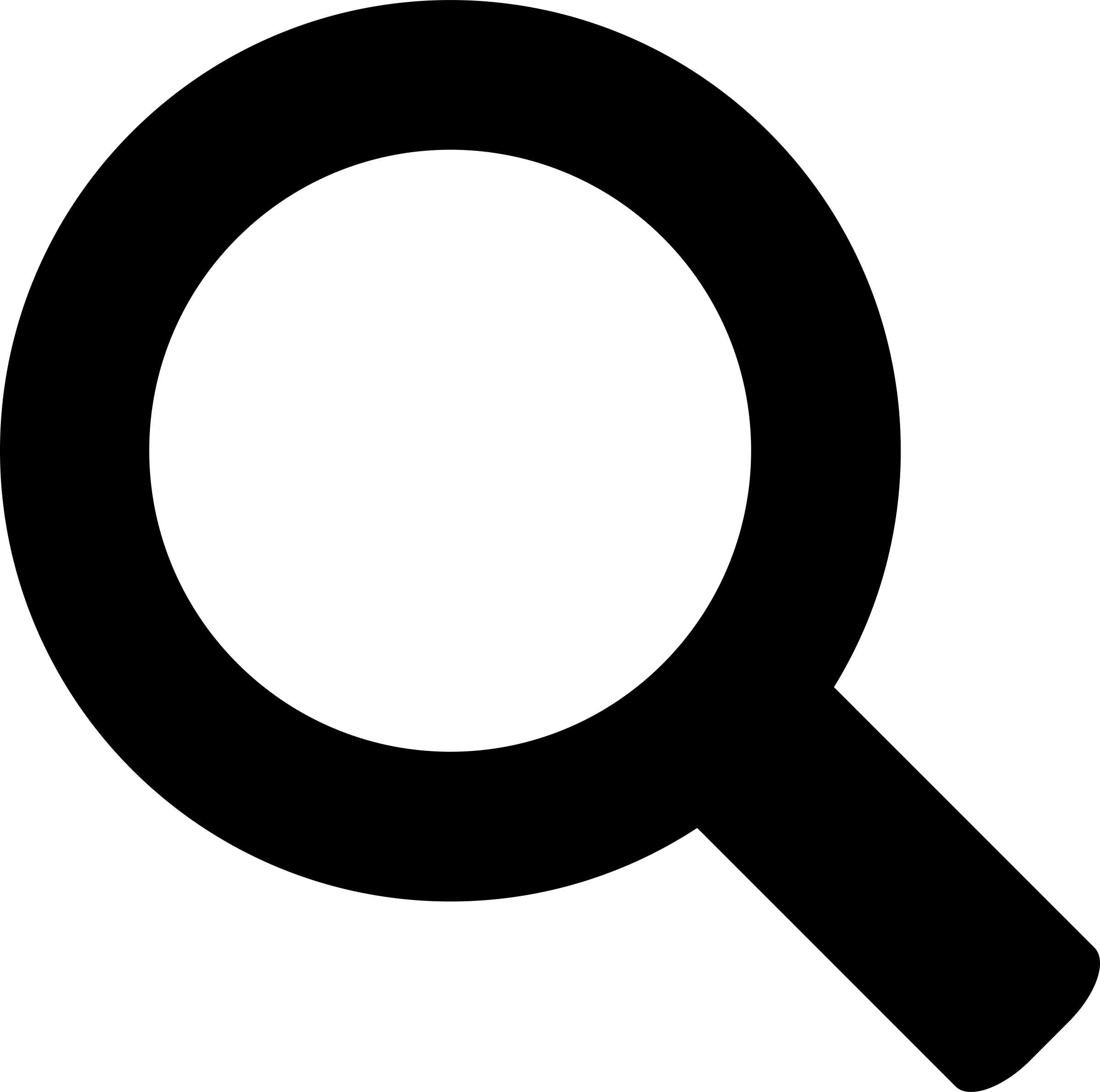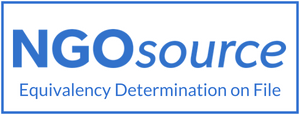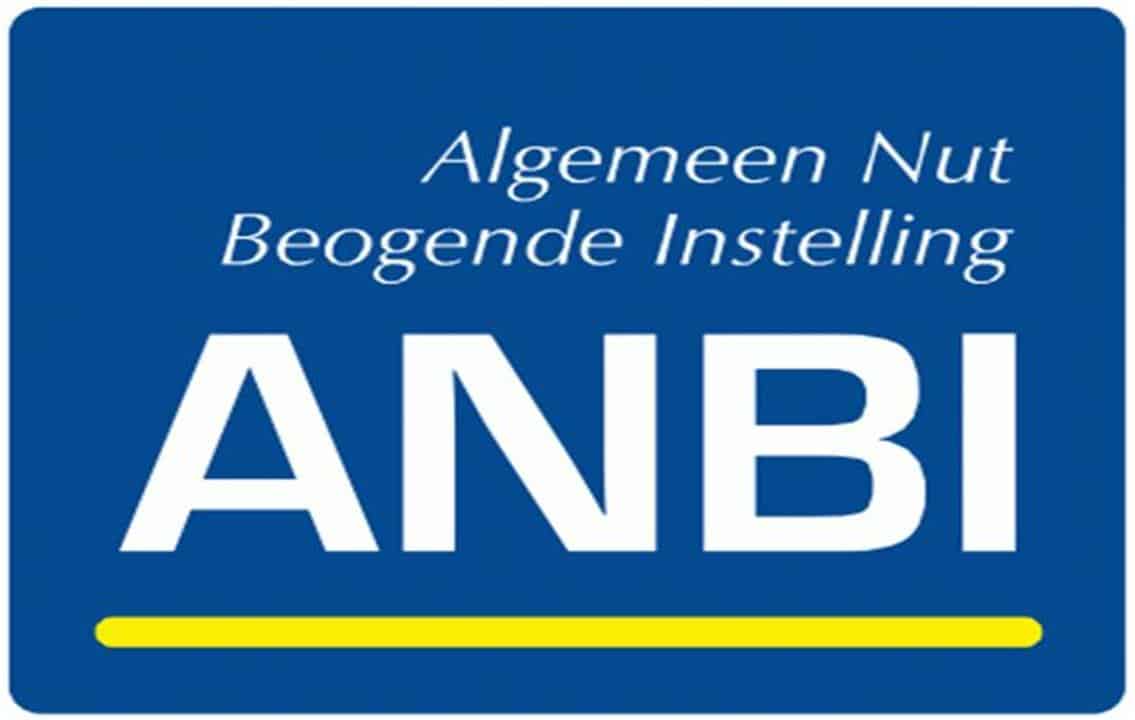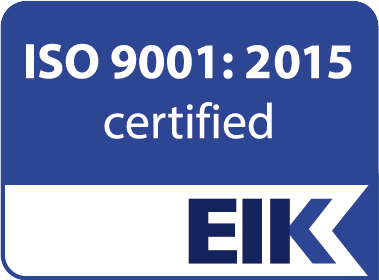The Human Rights Observatory in the Far North Region of Cameroon takes a community-based approach towards monitoring human rights violations taking place within the context of the effort against violent extremism in Boko Haram-affected areas of Cameroon.
It was established based on the assumption that rights violations in the context of state responses to violent extremism can have the effect of driving recruitment into extremist groups. UNDP’s 2017 report on the Journey to Extremism indicated that a substantial proportion of former extremist group members cited “government action” as a primary trigger for their recruitment. Violations by military, police, and other security actors are therefore an important push-factor towards extremist ideologies, and populations with grievances against state actors offer fertile ground for recruitment into extremist groups.
The initiative is backed by the United Nations Development Programme (UNDP) office on the Prevention of Violent Extremism in Africa, with technical support from Human Security Collective (HSC), and implemented by a consortium of civil society organisations based in and around Maroua in the Far North of Cameroon:
- Commission diocésaine pour la justice et la paix du diocèse de Maroua-Mokolo (CDJP)
- Afrique Espoir (AFES)
- Réseau de protection des droits de l’Homme, de l’environnement et de la promotion de la culture de la paix (REPDHEP)
- Réseau des organisations de la santé et des droits de l’homme (ROSADH)
- Association de lutte contre les violences faites aux femmes (ALVF) (since 2021)
The project was initiated for a pilot phase in June 2020 and renewed for an extension phase in March 2021. In June 2021, Father Pascal Djeumegued presented initial results and impressions from the current project phase at the Oslo III Conference on Preventing Violent Extremism. The data generated through monitoring is also being used to lobby with local and national government, as well as to initiate dialogue with security forces, local leadership, and judicial services.
You can find more information in the UNDP Quarterly Newsletter here.




